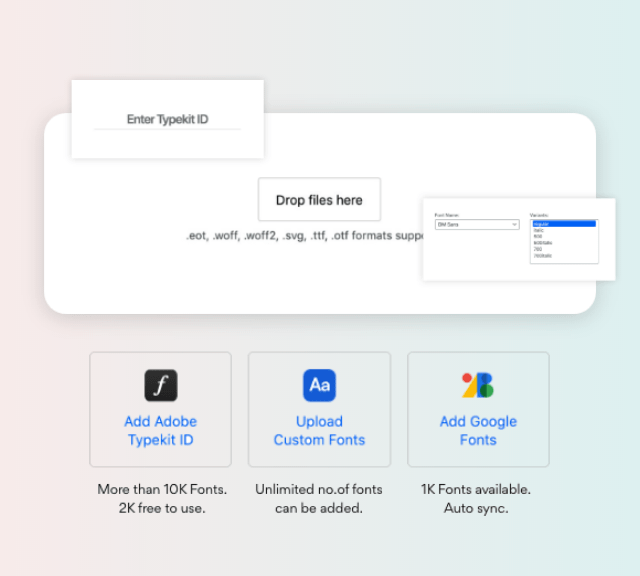Content
- How Can You Recognize a Crystal Meth Addiction?
- Our rehabs work with all major insurance providers
- How Family Members & Friends Can Support Addiction Recovery
- Meth Addiction & Abuse Treatment Center in Atlanta
- What to do if you think a loved one has an addiction
- What is meth addiction
- Meth Remains a Scourge of Rural America
Our qualified and professional staff will be there to help you or a loved one through the difficult process of crystal meth withdrawal. Ultimately, using substances like crystal meth meth addiction rewards your body with a dopamine high, giving you feelings of intense pleasure. Of course, these feelings of pleasure become harder to reproduce with repeated use of crystal meth.
It is invaluable, for example, for individuals seeking Adderall addiction treatment, to discuss their experiences with others who have had similar life experiences during their fight against addiction. In this group setting, recovery patients report a sense of camaraderie and support, helping them stay motivated to work towards their goal of a healthy and drug-free lifestyle. Today’s regularity of crystal meth addiction can be traced back to the creation of amphetamine and methamphetamine drugs more than a century ago. Amphetamine was first synthesized in Germany in 1887, when ephedrine was isolated from the ephedra shrub. A derivative of amphetamine, methamphetamine was two to three times stronger as a stimulant, its effects lasted much longer and it was easier to make.
How Can You Recognize a Crystal Meth Addiction?
In order to treat a methamphetamine addiction, addicted individuals will have to enroll in an intensive meth addiction treatment program. The most effective methamphetamine treatment options include a variety of behavioral therapies, such as contingency-management interventions and cognitive-behavioral therapy. These forms of methamphetamine addiction treatment are holistic and comprehensive, encompassing family education, individual counseling, behavioral therapy, group therapy, and more.
This is because the drug is highly addictive due to its influence on dopamine production in the body and the long-lasting euphoric high it provides. The first euphoric feeling that methamphetamine provides individuals can never truly be repeated, leaving many users on a continual chase for a high that can never be experienced again. If you or someone you know is exhibiting signs and symptoms of meth addiction, it is important that a quality meth addiction treatment program is sought out immediately. Methamphetamine is an incredibly powerful stimulant drug that impacts the nervous systems of its users. First produced in the early 20th century, methamphetamine was originally an ingredient used in bronchial inhalers and decongestants. Today, methamphetamine is a Schedule II stimulant drug that can be taken legally with a nonrefillable prescription.
Our rehabs work with all major insurance providers
According to one meta-analysis published in JAMA Psychiatry, 80% of studies testing contingency management for stimulant use showed the method was effective at helping people reduce their drug use. Another study conducted by the Department of Veterans Affairs found that people who regularly attended contingency management sessions tested negative for drugs more than 90% of the time. Doctors can prescribe drugs already approved by the Food and Drug Administration for other purposes “off-label” to try to treat methamphetamine addiction. But experts say having clinical trial data validates the approach and could also help convince payers to cover the medications.
The general research strategy adopted has to a large extent resembled the approach to research on cocaine dependence pharmacotherapy, and has aimed at similar pharmacological targets and employed similar preclinical and clinical methods. The tables include clinical trials for those medications that appear to have shown the greatest https://ecosoberhouse.com/ promise at the time of this review (e.g. dopamine agonists and one antagonist, GABAergic agents and an opioid antagonist). Evidence from clinical trials and drug testing shows that patients addicted to meth exhibit impaired cognitive functions like attention, flexibility, executive function, working memory, and social cognition.








































